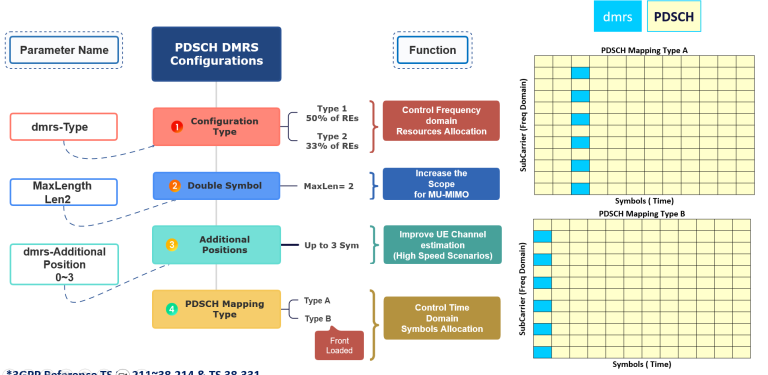5G OSS: Understanding Its Role and Importance in 5G Networks
telcomatraining.com – The evolution of mobile networks has brought about revolutionary advancements, with 5G being at the forefront. As the demand for faster, more reliable, and ultra-low latency connectivity grows, the need for efficient network management has become crucial. This is where the 5G Operations Support System (OSS) comes into play. Understanding the role and importance of 5G OSS is key to optimizing and maintaining 5G networks effectively.
What is 5G OSS?
Operations Support System (OSS) refers to a set of software applications and tools designed to monitor, control, analyze, and manage telecommunications networks. In the context of 5G, OSS is responsible for handling complex network operations, ensuring seamless service delivery, and optimizing network performance.
Unlike previous generations of mobile networks, 5G introduces new challenges such as network slicing, automation, and cloud-native infrastructure. To address these, 5G OSS must be more intelligent, scalable, and adaptive to real-time network conditions.
Key Roles of 5G OSS
1. Network Automation and Optimization
5G networks are highly dynamic, requiring real-time monitoring and adjustments. 5G OSS enables automation by leveraging AI and machine learning to optimize network parameters, detect anomalies, and predict potential failures before they impact users.
2. Service Orchestration and Management
One of the key capabilities of 5G is network slicing, where multiple virtual networks operate on the same physical infrastructure. OSS facilitates end-to-end service orchestration, ensuring that each network slice receives appropriate resources and operates efficiently.
3. Fault Management and Predictive Maintenance
With a vast number of connected devices and complex infrastructures, fault management becomes critical. 5G OSS provides real-time fault detection and resolution, reducing downtime and ensuring continuous service availability. Predictive maintenance powered by AI can further enhance reliability by identifying issues before they cause disruptions.
4. Security and Compliance Monitoring
5G networks must adhere to strict security and regulatory requirements. OSS plays a crucial role in monitoring network security, detecting threats, and ensuring compliance with global and regional telecom regulations. This helps safeguard data and maintain network integrity.
5. Resource Allocation and Capacity Planning
Efficient resource utilization is vital for 5G networks to meet growing demands. OSS assists in dynamic resource allocation, balancing network load, and optimizing bandwidth distribution. This ensures high-quality service delivery while preventing congestion and performance degradation.
The Importance of 5G OSS in the Telecom Industry
Enhancing Network Performance and User Experience
5G OSS enables telecom operators to provide seamless connectivity with minimal latency, ensuring an enhanced user experience. Through AI-driven analytics and real-time insights, networks can adapt to changing conditions and deliver superior performance.
Reducing Operational Costs
Automation and intelligent network management through 5G OSS help reduce manual interventions, minimizing operational expenses. With predictive maintenance and self-healing capabilities, telecom companies can lower costs associated with network failures and downtime.
Enabling Faster Deployment of 5G Services
The ability to rapidly deploy and manage 5G services is a competitive advantage for telecom providers. 5G OSS streamlines service provisioning, reducing deployment time while maintaining high efficiency and reliability.
Supporting Future Technological Advancements
As technology continues to evolve, 5G OSS provides a foundation for integrating emerging innovations such as IoT, edge computing, and smart cities. By offering a flexible and scalable management system, OSS ensures that networks remain adaptable to future demands.
Conclusion
5G OSS is an integral component of modern telecommunications, playing a crucial role in the successful deployment, management, and optimization of 5G networks. From automation and service orchestration to security and resource management, OSS ensures that 5G technology operates efficiently and reliably. As the demand for high-speed connectivity grows, investing in robust 5G OSS solutions will be essential for telecom operators to stay ahead in the industry.







